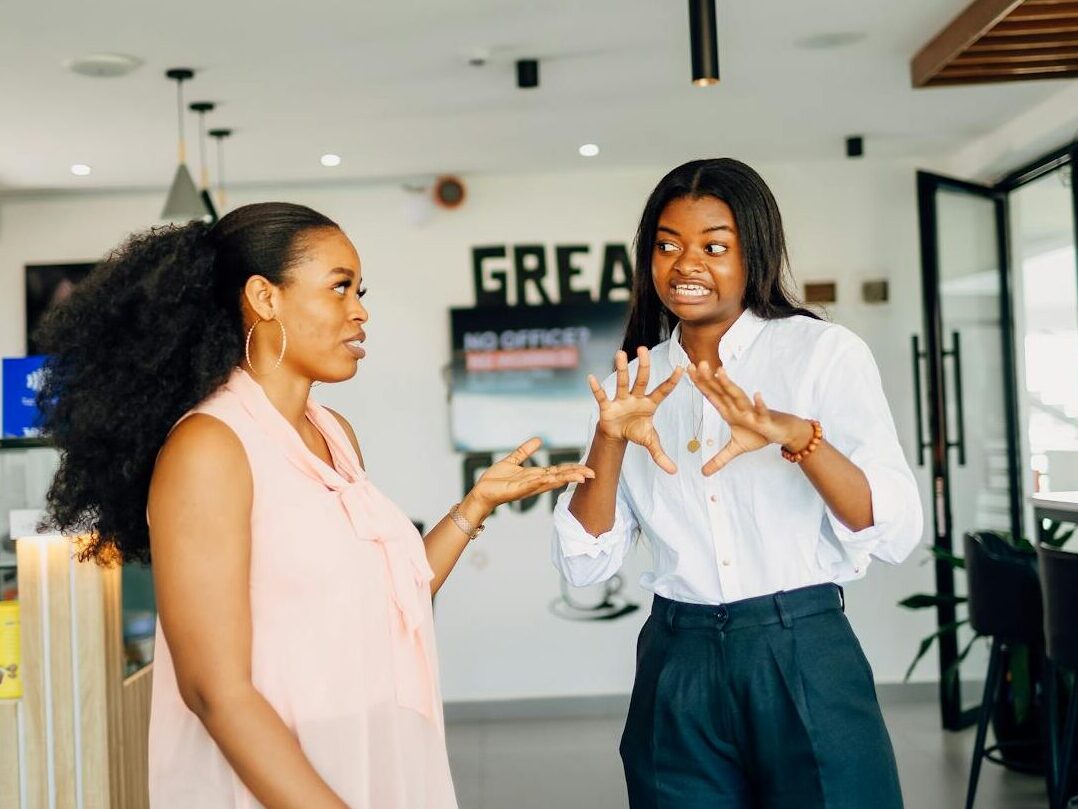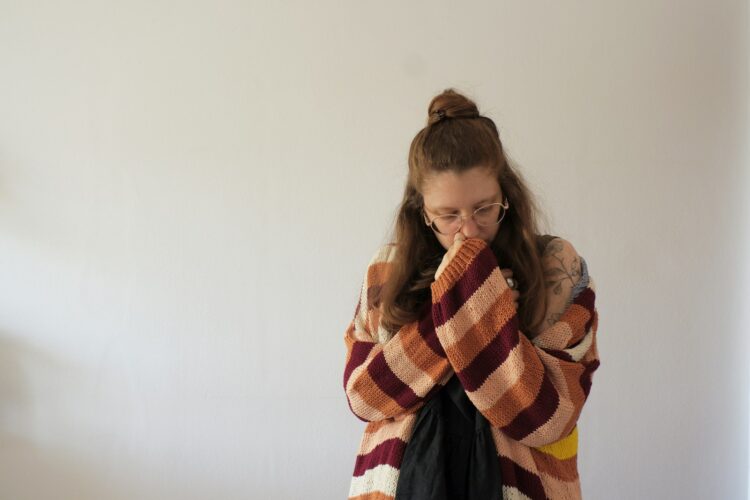
Friendships are meant to grow and evolve, just like people do. The friends who supported you in one season of life may not fit as naturally in another. Outgrowing a friendship doesn’t always mean conflict, betrayal, or drama. Sometimes it’s a quiet drift — two people moving in different directions without realizing it. Here are 15 signs you might be outgrowing a friendship.
Conversations Feel Shallow or Forced

There was a time when you could talk for hours without running out of things to say. Now the dialogue feels limited to small talk — work updates, gossip, or the same old stories you’ve heard a dozen times. You find yourself zoning out or checking your phone instead of being fully engaged. When you no longer feel mentally stimulated or emotionally connected through conversation, it’s a clear sign that the friendship may not be keeping pace with your growth.
You No Longer Share Core Interests

Shared experiences create closeness. Maybe you bonded over late-night adventures, sports, or creative projects. But as life changes, your priorities shift. If your friend still thrives in scenes you’ve outgrown — nightlife, drama, or old habits — the friendship can start to feel like a mismatch. Outgrowing each other doesn’t mean either of you is wrong; it just means your lives no longer overlap in meaningful ways.
Their Energy Drains You Instead of Lifts You

Think about how you feel after spending time together. Do you leave the interaction energized and uplifted, or emotionally drained? A draining friendship may be filled with negativity, constant complaints, or unresolved tension. Instead of adding joy, their presence feels heavy. Relationships that consistently deplete you rather than refresh you are often ones you’ve quietly outgrown.
You Avoid Reaching Out First

Friendships require effort from both sides. If you used to initiate plans or check in often but now feel reluctant — maybe even relieved when they don’t contact you — it signals your desire to pull back. That hesitation reflects an internal shift: you no longer feel the need for their presence in your daily life. Avoiding contact is often less about laziness and more about intuition telling you the bond has weakened.
You Feel You Can’t Be Yourself Around Them

The best friendships allow you to grow and change without judgment. If you feel you must hide new parts of yourself — your goals, beliefs, or lifestyle — because you fear criticism, then the friendship is no longer supportive of who you are becoming. You may find yourself acting like the “old version” of you to make them comfortable. When you can’t be authentic, the connection loses its depth.
The Friendship Feels One-Sided

Friendships thrive on mutual give and take. But if you notice you’re always the one listening, offering advice, helping during crises, or making the effort to meet, while they rarely do the same, it signals an imbalance. Over time, this can feel more like a responsibility than a relationship. A healthy friendship is two people pouring into each other — not one carrying the weight alone.
You No Longer Feel Excited to See Them

In the past, meeting up may have been the highlight of your week. Now, it feels like something you “should” do rather than something you genuinely want to do. You may even make excuses to postpone plans because the thought of spending time together doesn’t bring the same joy. When anticipation turns into obligation, it often means the friendship has run its course.
Your Values and Priorities No Longer Align

As people grow, so do their values. You might now prioritize health, faith, family, or career, while your friend is focused on things you no longer relate to. These differences don’t make either of you wrong, but they can create tension or disconnection. When your guiding values diverge too far, maintaining closeness feels forced rather than natural.
You Feel Unsupported in Your Growth

A true friend celebrates your growth, even if it takes you in a new direction. But if your progress is met with indifference, jealousy, or subtle discouragement, the friendship can begin to feel suffocating. If every step forward in your life creates distance rather than pride, it’s a strong sign you’ve outgrown the bond.
You Keep Them Around Out of Habit, Not Choice

Sometimes the hardest truth is realizing you’re only maintaining a friendship because of history. Maybe you’ve known each other since school or shared important experiences. But nostalgia alone can’t sustain a healthy bond. If the only reason you’re still connected is the past, and the present feels empty, the friendship may no longer serve either of you.
Conflict Feels More Draining Than Resolving

All friendships experience conflict. The difference is in how it’s handled. With supportive friends, disagreements can lead to understanding. With outgrown friends, conflict feels repetitive and unresolved, leaving you tired instead of closer. If every disagreement widens the gap rather than strengthens the connection, it may be a sign of deeper incompatibility.
You’re Growing in Different Directions

You may find yourself focusing on long-term goals, self-improvement, or spiritual growth, while your friend remains in patterns that no longer fit your life. It’s not about superiority — it’s about movement. When one person evolves while the other stays stagnant, the friendship naturally stretches thin.
You Notice More Annoyances Than Joy

The quirks you once laughed at may now frustrate you. Little habits, attitudes, or recurring patterns begin to overshadow the good memories. If you spend more time irritated than enjoying each other’s company, it suggests the bond is fraying. Love and patience can smooth over differences, but constant irritation is a signal that something deeper has shifted.
You Imagine Your Life Without Them — and It Feels Fine

If the thought of losing touch once terrified you, but now it feels manageable or even freeing, it’s a major sign. Outgrowing a friendship doesn’t always come with bitterness; sometimes it’s simply realizing you no longer need each other in the same way. The absence of fear about moving on reflects your readiness to release the bond.
You’ve Already Emotionally Checked Out

The clearest sign is when your heart has already let go. You may still meet occasionally, still text out of politeness, but emotionally, you’re distant. When you stop sharing your real feelings, your milestones, or your struggles, the friendship becomes a shell of what it once was. At that point, the relationship has already shifted into the past.

